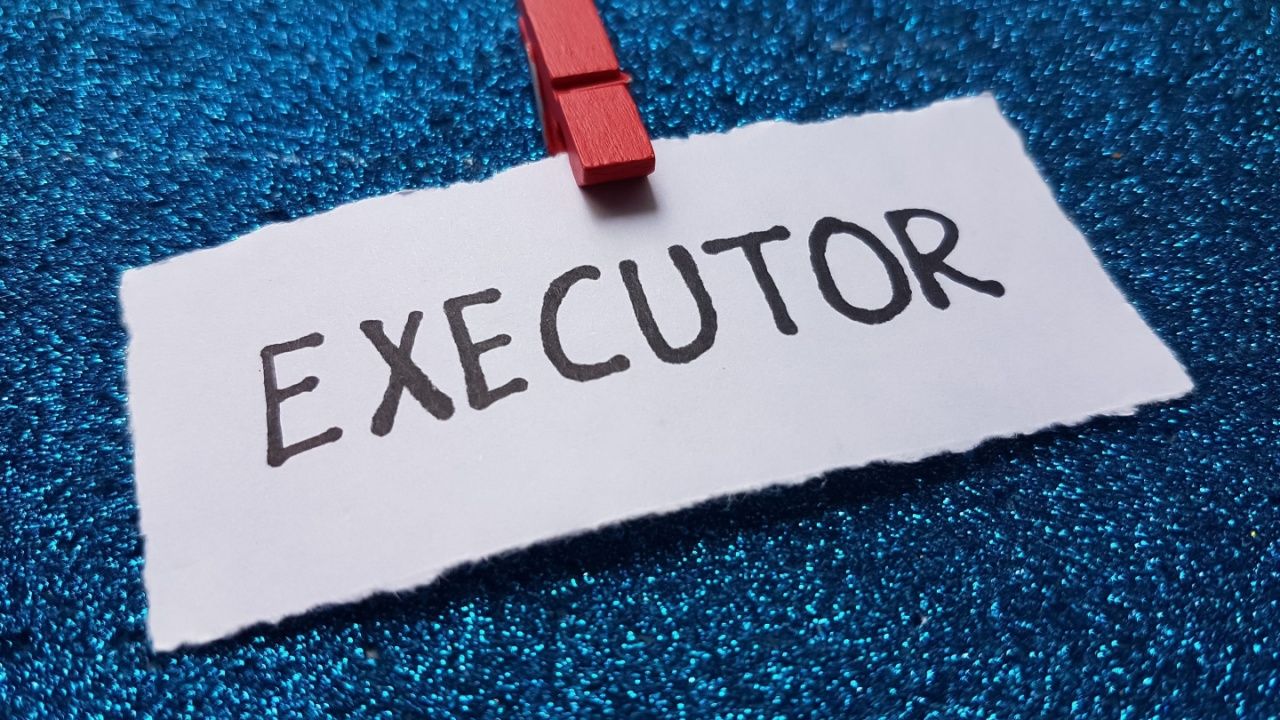Being called to Executor/Executrix: Discern Before You Say “Yes”
Aug 22, 2025
Key Discernments
-
The executor’s call is more than “handing out inheritances”—it’s stewardship of people, property, and peace.
-
The role carries legal, tax, and relational risk if mismanaged.
-
A prayerful, clear-eyed discernment—before you accept—protects everyone and keeps life in right order.
When someone asks you to serve as executor, they’re saying, “I trust your integrity and calm in a tender season.” Receive that honor—and then pause. At Quo Vadis Retreats, we encourage a short space for prayer, counsel, and clarity before you give your answer. Accepting this role without understanding the load can strain schedules, relationships, and even your own well-being.
What the Role Asks of You
Duties vary by state, but most executors will need to move these pieces forward:
-
File the will and open probate.
Ask the court to confirm you as personal representative and issue documents authorizing you to act for the estate. -
Open an estate bank account.
Consolidate cash, receive incoming funds, and pay estate expenses from this account—never from your personal funds. -
Inventory assets and debts.
Locate accounts, property, and obligations. Forward mail, review statements, and contact the decedent’s advisor, CPA, and attorney. Safeguard valuables and keep insurance in force.Know what bypasses probate: joint-with-survivorship property, life insurance with named beneficiaries, retirement accounts (401(k)/IRA) with beneficiaries, and assets in revocable/irrevocable trusts. These typically pass outside the court process.
-
Notify the right people.
Inform heirs/beneficiaries, known creditors, and—where required—publish notice to unknown creditors or heirs. -
Close/transfer active services and benefits.
Cancel subscriptions and credit cards; notify Social Security and any pension administrator; redirect benefits per plan rules. -
Validate and pay legitimate claims.
Settle funeral costs, taxes, administrative fees, and creditor claims in the correct legal order—before distributions. -
Handle taxes.
Arrange valuations; file final personal income tax returns, estate income tax returns, and any federal/state estate tax returns. Coordinate with qualified counsel. -
Distribute bequests.
After debts and taxes are paid and releases are signed, make distributions (often pro rata and at the same time). You may also fund any trusts directed by the will.
Time reality: Even simple estates can take many months; complex estates can extend for years. Build margin.
Compensation: Most states allow reasonable executor fees. You may accept or waive them—discern what best serves the family and your time.
Risks to Be Aware Of
-
Personal liability exposure.
Distribute too soon—or ignore required creditor/tax payments—and you can be personally on the hook. Follow the legal order of operations. -
Deadlines and demands.
Courts, tax agencies, and financial firms run on timelines. Missed dates create penalties and stress. -
Family dynamics.
Securing assets and saying “not yet” can trigger tension. Clear, kind communication—and meticulous records—are your shield.
A Quick Discernment Checklist
If you answer “no” or “not sure” to several, pause before accepting.
-
I have the time margin (months, possibly longer) to coordinate this well.
-
I’m comfortable with paperwork, deadlines, and detail—or I’ll hire professionals.
-
I can communicate calmly with heirs, even under pressure.
-
The will and asset picture are reasonably organized (or I have authority to get them there).
-
I understand that creditors and taxes come first, distributions later.
-
I’m willing to document everything (calls, payments, decisions) to protect the estate—and myself.
-
I’m free of conflicts of interest that could cloud judgment.
If You Accept: First Moves (In Order)
-
Secure property and update insurance.
-
Obtain multiple death certificates.
-
File the will and get your letters/authority.
-
Open the estate account; move cash appropriately.
-
Forward mail; assemble a master asset/ debt list.
-
Notify heirs, advisors, creditors; publish notice if required.
-
Calendar all statutory and tax deadlines.
-
Engage an estate attorney and CPA (wise in nearly every estate).
-
Keep a clean ledger and store every receipt.
-
Communicate cadence and expectations to beneficiaries.
If You Decline: A Graceful Response
Short script:
“Thank you for trusting me with something so important. After thoughtful discernment, I don’t have the margin to serve you well in this season. I recommend we name a professional or another trusted person, and I’m happy to help you get that set up.”
Alternative:
“I’m honored—and to ensure right order for the family, I believe a professional fiduciary would best serve this role. I’ll gladly assist in the transition.”
The Quo Vadis Perspective
Saying “yes” to being an executor is an act of service. But a wise “not yet” or “no” can also be holy stewardship. Choose the path that preserves peace, honors the decedent’s intent, and keeps your own life in right order. If you proceed, surround yourself with pros, keep records like a saint with a ledger, and communicate early and often.
This is general guidance; probate and tax rules vary by state. Consult qualified estate counsel and a CPA for your specific situation.
